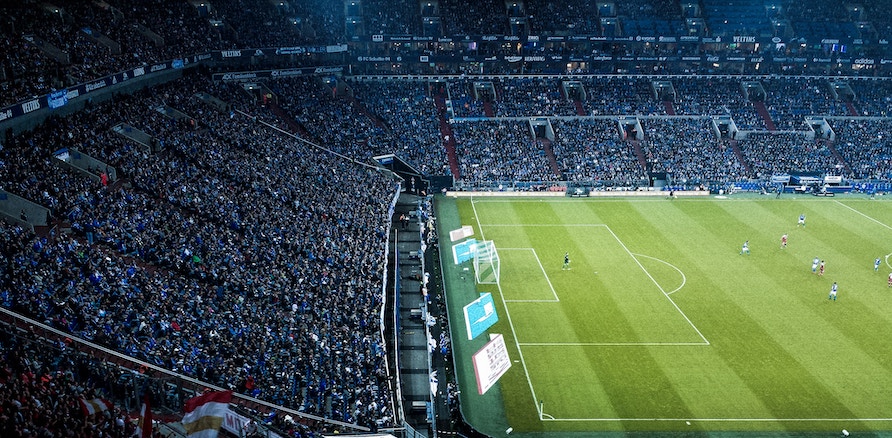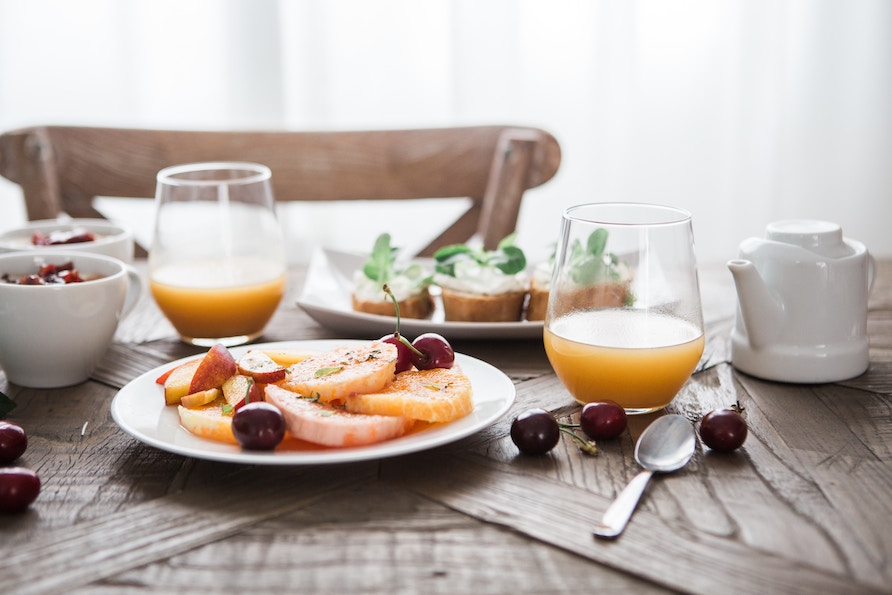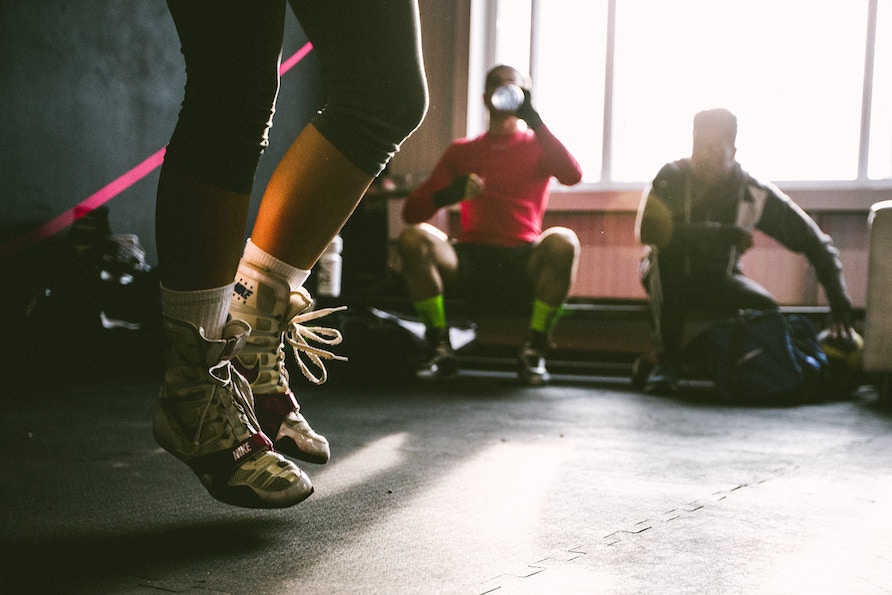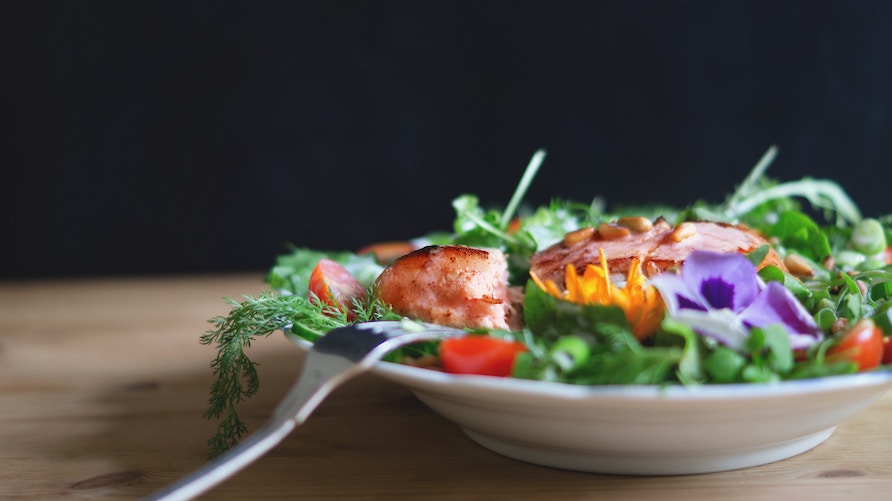The right diet can make a difference in competitive sports. In terms of nutrition, there is still much to be gained in football especially. This is because footballers, unlike endurance athletes, will not experience hunger quickly during a 90-minute game. However, nutrition is indeed important. It makes a three percent difference in a match, just like a footballer’s gear – like boots or their kits – don’t make a huge difference compared to other athletes. That doesn’t sound much, but if you can sustain better endurance in extra time, it can be a deciding factor.
Athletes, therefore, eat very varied: carbohydrates, vegetables, and proteins. Both carbohydrates and proteins are important at breakfast. Fresh cheese with muesli and fruit or sandwiches with a bowl of yogurt with it are then very good. The size of the plate and the plate differs at breakfast with later in the day. This way athletes not only to eat bread but opt for a mix of protein and carbohydrate-rich products. Bread, cold cuts and any a hot meal with simple salads form the basis for lunch.
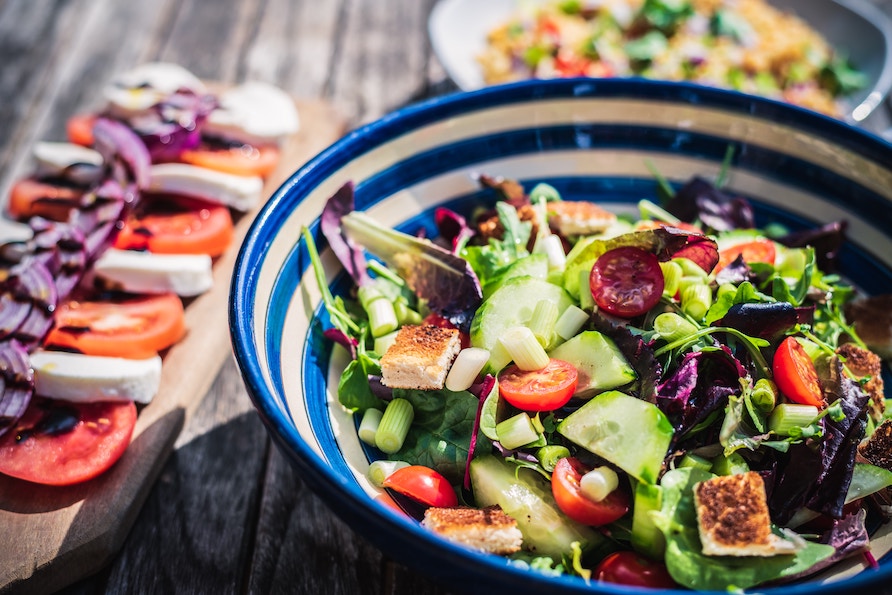
At dinner, there are often two choices with vegetables and carbohydrates. On game day, when competition is scheduled, the meals are adjusted. Normally athletes opt for whole-grain products as much as possible, but for a competition you have to eat easily digestible food such as white bread, grilled chicken, steamed fish or white pasta. This is absorbed more quickly by the body and it reduces the risk of stomach and intestinal problems. Bell pepper, onion, and legumes are gas-forming and therefore less suitable.
After the competition, the proteins in the body need to be replenished quickly and muscle damage must be repaired immediately. A good recovery is your preparation for the next match. Because athletes often don’t feel like eating after a match, this meal should be especially tasty. Pancakes, a healthy hamburger or pizza is a good choice. We often also offer lasagna or potatoes from the oven. As long as it is not too fat, but contains enough carbohydrates and proteins.
